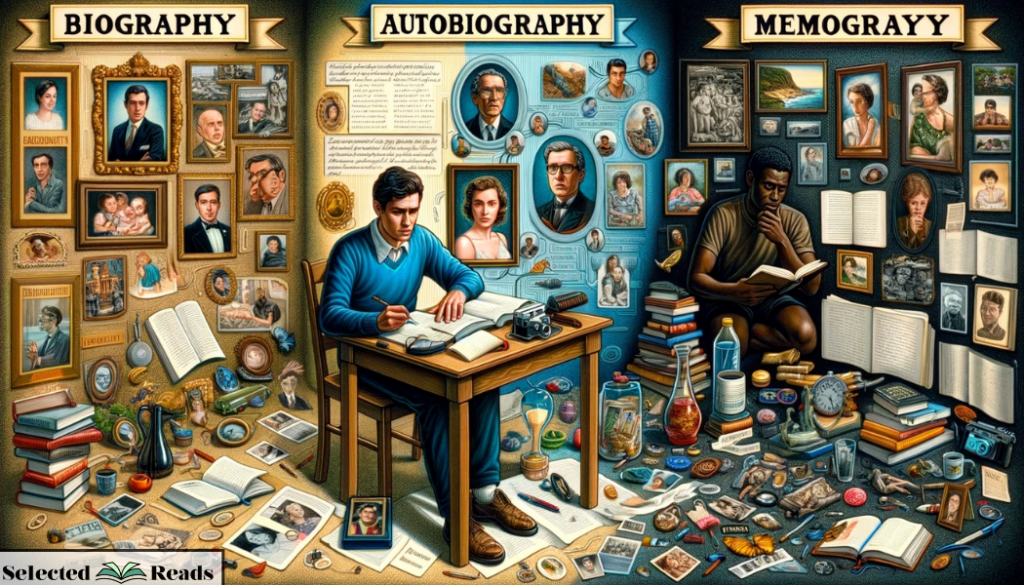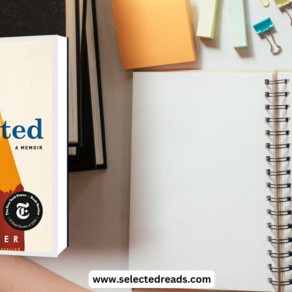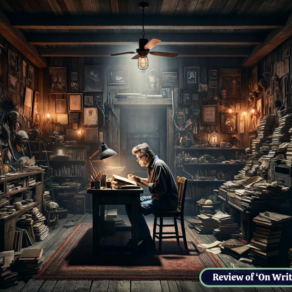Biography vs autobiography vs memoir is the topic of our blog post today! We’ll dive into what makes each of these literary forms unique, yet equally compelling. From the meticulously detailed accounts of a person’s life in biographies to the intimate, self-narrated tales in autobiographies, and the deeply personal snapshots offered in memoirs, each genre has its own way of capturing and conveying the essence of a life story.

Understanding these differences not only enhances our appreciation of the art of storytelling but also deepens our insight into the historical and personal contexts these narratives provide. By the end of this exploration, you’ll have a clearer understanding of how each genre serves its purpose in bringing stories to life, whether it’s to immortalize an individual’s impact, to introspectively reflect on one’s journey, or to share poignant moments that define the human experience.
Biography vs Autobiography vs Memoir
Join me as we unravel the distinct threads that weave together the vibrant fabric of biographical storytelling.
What is a biography?
A biography is a written account of a person’s life. It generally includes details about the individual’s family, upbringing, accomplishments, relationships, and other significant events that have shaped his or her life.
Biographies also often include interviews with people who knew the subject of the biography or quotes from the subject themselves. The main purpose of a biography is to provide an accurate and complete portrait of the life of a person.
The best biographies are those that are written in an engaging manner and can bring the subject to life on the page. They should be factually accurate, comprehensive, and give readers insight into who the individual was and why they were significant.
If you are looking for some good and inspiring biographies to read, here is a list I curated featuring 12 of the best biographies of all time. Each biography provides an intriguing insight into the life and work of an important individual and offers readers valuable lessons to reflect on.
What is an autobiography?
An autobiography is a narrative written by an author about their own life. Unlike biographies, which are written by someone other than the subject of the book, autobiographies provide a firsthand account of a person’s experiences, thoughts, and feelings throughout their life. Autobiographies differ from biographies in that they are often more personal and reflective in nature.
Biographies and autobiographies are both valuable sources of information about a person’s life, but they provide different perspectives on the same story. By reading both, readers gain more insight and understanding into a person’s life and can better appreciate their accomplishments.
What is a memoir?
A memoir is a genre of autobiographical writing that reflects on past events in the writer’s life. Unlike autobiographies, which typically provide a chronological account of an individual’s life from birth to present day, memoirs are more personal and subjective accounts focusing on particular aspects or episodes from the author’s life. Memoirs often read like short stories, as they often contain anecdotes, reflections, and vivid descriptions of events.
Biographies, autobiographies, and memoirs each provide a unique perspective on a person’s life. By reading all three types of books, readers can gain greater understanding and appreciation for the individual featured in the book and can learn more about history through the life of another person.

Biography, Autobiography, and Memoir Examples
Here are some examples that help crystallize the differences between biography, autobiography, and memoir. Let’s take a look at some notable works in each category:
- Biography
- “Steve Jobs” by Walter Isaacson: This biography delves into the life of Apple co-founder Steve Jobs, based on numerous interviews with Jobs himself, as well as with family members, friends, adversaries, competitors, and colleagues. It’s a comprehensive look at the professional and personal life of a man who revolutionized multiple industries.
- “Alexander Hamilton” by Ron Chernow: This biography offers an in-depth look at one of America’s founding fathers, Alexander Hamilton. It’s meticulously researched, providing insights into Hamilton’s political genius, his role in the creation of the United States, and his dramatic personal life.
- Autobiography
- “Long Walk to Freedom” by Nelson Mandela: Mandela’s autobiography chronicles his journey from his early years in a rural village to becoming one of the world’s most significant leaders. It’s a profound reflection on his life and the anti-apartheid struggle in South Africa.
- “I Know Why the Caged Bird Sings” by Maya Angelou. This autobiographical work is the first in a seven-volume series that chronicles the life of the author. In it, Angelou shares her experiences growing up in the American South during the 1930s, facing racism, trauma, and overcoming personal obstacles. It’s a powerful narrative that not only reflects her personal journey of self-discovery and resilience but also provides a poignant look at the social and racial issues of the time. Angelou’s eloquent and poetic style brings a unique depth to her autobiography, making it a compelling and inspirational read.
- Memoir
- “Educated” by Tara Westover: This memoir tells the story of Westover, who grew up in a strict and abusive household in rural Idaho with no formal education. It’s a tale of self-transformation as she breaks away from her background to pursue education.
- “When Breath Becomes Air” by Paul Kalanithi: This deeply moving memoir is written by a neurosurgeon who faces a terminal cancer diagnosis. It’s a reflection on life and death, capturing his thoughts and feelings as he transitions from a doctor to a patient.
Each of these works showcases the unique qualities of their respective genres, whether it’s the objective detailing of a life in biographies, the personal recounting of one’s own journey in autobiographies, or the focused and reflective nature of memoirs.
Final thoughts
In this post, we’ve delved into the intricate world of biographies, autobiographies, and memoirs, unraveling the unique essence and power of each genre in storytelling. Biographies offer a meticulously crafted, third-person narrative of a person’s life, blending facts with personal insights, often enriched by interviews and quotes.
Autobiographies, in contrast, are self-written explorations, presenting a more personal and reflective journey through the author’s own eyes. Memoirs stand out for their focus on specific life events or themes, weaving a more subjective and anecdotal tapestry of memories.
While each genre has its distinct flavor and approach, they collectively serve as powerful vessels for historical and personal truths, offering readers varied lenses to understand and appreciate the complexities of individual lives. Whether you’re seeking comprehensive life stories, introspective self-portraits, or poignant life episodes, these genres provide valuable windows into the human experience, broadening our perspectives and deepening our understanding of the diverse tapestry of life.





